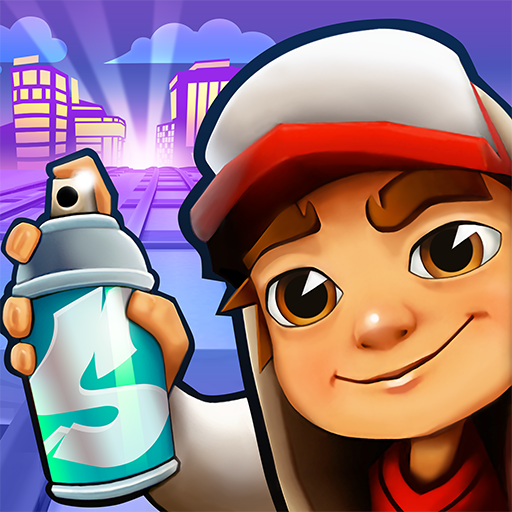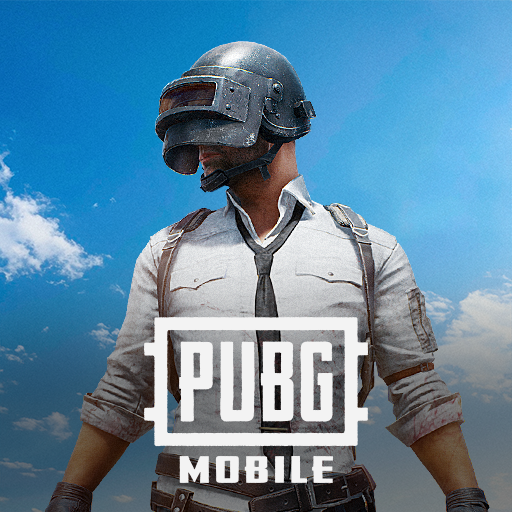Solar System Simulator - Cosmic exploration & creation
Immerse yourself in realistic simulations, build unique solar systems, & explore the cosmos like never before with stunning visuals.

- 0.288 Version
- 4.2 Score
- 609K+ Downloads
- In-game purchases License
- 3+ Content Rating
Experience the universe in an unprecedented way with Solar System Simulator – your entry point to the cosmos!
Immerse yourself in a captivating space journey where you can:
- Explore the Solar System: Discover and learn about almost any moon or planet within our solar system.
- Travel Beyond: Venture to fascinating nearby stars and identify their locations within the Milky Way.
- Create Your Own Universe: Modify existing celestial bodies or add new ones. Design and adapt your own solar system with distinct traits and visuals.
- Gravity and Physics Sandbox: Observe as the simulation recalibrates orbits and interactions following Newton's laws, providing a realistic and engaging experience.
- Particle Rings: Apply custom particle rings to your planets and witness their behavior under gravity in real-time.
- Planetary Collisions: Crash planets together and observe how they shatter into fragments, resulting in spectacular impacts and debris effects.
- Accurate Eclipses: Experience solar and lunar eclipses rendered with precise astronomical accuracy based on actual data.
- Comet Flybys: Watch comet flybys and how they interact with other celestial entities.
- Surface Views: Obtain a first-person viewpoint from the surface of any planet and feel its environment.
- Scale the Universe: Zoom out from a planet’s surface to the vast expanse of intergalactic space. Witness the enormity of the universe along with the relative size and position of neighboring galaxies.
Main Features:
- Realistic Simulations: Engage with accurate gravitational and orbital dynamics.
- Customisation Options: Alter the look and attributes of celestial objects.
- Interactive Exploration: Navigate through and engage with your personalized solar systems.
- Educational Value: Acquire knowledge regarding space science and physics.
- Dynamic Visual Effects: Enjoy breathtaking particle rings, thrilling planetary collisions, and lifelike comet encounters.
- Precise Astronomical Events: Witness authentic solar and lunar eclipses informed by real-world data.
Embark on your cosmic adventure now with Solar System Simulator and uncover the marvels of space!
Solar System Simulator: A Captivating and Empowering Journey Through the Cosmos
My time with Solar System Simulator has been nothing short of revelatory, transforming my perspective of our universe from abstract concepts into an intimate, tangible experience. Unlike passive planetarium software, this simulator hands you the tools to truly interactwith cosmic forces.
Adjusting Jupiter's mass and instantly watching its moons scramble into chaotic new orbits delivers an intuitive grasp of gravity that textbooks never could. The ability to stand on Pluto's icy surface, gaze at a shrunken sun, then seamlessly zoom out past Voyager 1's trajectory to see our entire galaxy dwarfed by Andromeda evokes a profound sense of scale and humility.
The physics sandbox is where I lost hours: crafting unstable solar systems with multiple stars, hurling comets through delicate rings of Saturn-like debris, and orchestrating cataclysmic planetary collisions that fracture worlds into swirling asteroid fields governed entirely by Newtonian dynamics. Watching a meticulously calculated solar eclipse crawl across Earth—rendered with jaw-dropping precision using real astronomical data—felt like holding the cosmos in my hands.
Customization is effortless yet profound; altering a planet's texture or tweaking its gravitational pull instantly reshapes the celestial dance around it. While undeniably beautiful, this isn’t just spectacle: it’s deeply educational, demystifying orbital mechanics, tidal forces, and cosmic structures through visceral experimentation. For anyone craving immersion in space exploration—whether for learning or creative play—Solar System Simulator delivers a universe of wonder at your fingertips.
Key Questions Addressed:
Is this suitable for educational use? Absolutely. The accurate orbital mechanics, real astronomical data for eclipses, and scalable visualizations make it a powerful tool for visualizing complex astrophysics concepts in classrooms or self-directed learning.
Can I simulate real-world events? Yes, historical or predicted solar/lunar eclipses are rendered using authentic positional data. You can also recreate trajectories of probes like Voyager.
How demanding are the physics simulations? Real-time gravity calculations for large numbers of custom bodies can become intensive on older hardware, but standard solar system exploration runs smoothly on most modern systems.
What platforms support the simulator? While the description doesn’t specify, experiences this graphically rich typically target Windows, macOS, and potentially robust mobile/tablet devices or VR platforms.
Is there multiplayer/creative sharing? The description implies solo creation and exploration; focus remains on personal universe-building rather than shared spaces.
- Version0.288
- UpdateAug 20, 2025
- DeveloperWPCons
- CategorySimulation
- Requires AndroidAndroid 10+
- Downloads609K+
- Package Namecom.WPC.SolarSystemSimulator
- Signature914f13d930286ebc5d314f69d0aa3c8c
- Available on
- ReportFlag as inappropriate
-
NameSizeDownload
-
228.04 MB
-
227.63 MB
-
231.67 MB



























Customizable planetary systems
Realistic physics simulations
Creative freedom in building galaxies
No ads versions available
Excellent graphics and details
Educational tool for understanding space
Ability to control spacecraft
Intuitive gameplay mechanics
Dynamic interactions between celestial objects
Frequent bugs causing crashes
Confusing controls for beginners
Limited customization options for planets
Glitches affecting saved systems
High occurrence of advertisements
Lag issues on lower-end devices
Gameplay freezes after extended use
Limited features compared to desktop versions
Inconsistent physics with object collisions